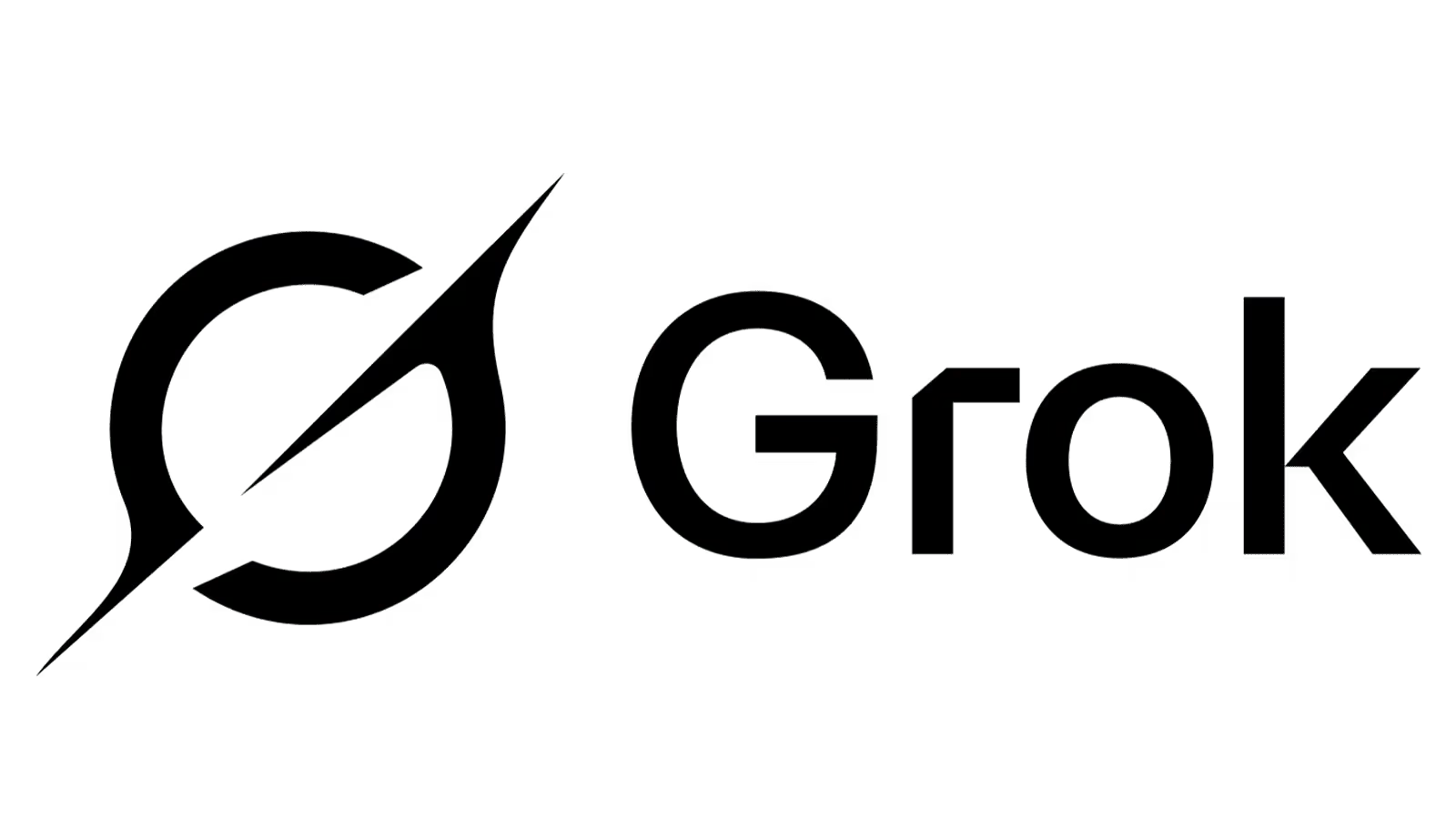AI Sales Agents: How Reliable Are They and Can They Boost Your Bottom Line
Discover if AI sales agents can truly boost your profits. We explore their reliability and potential impact on your bottom line in this eye-opening analysis.

AI sales agents are changing how sales operations work, offering increased productivity and profits for businesses adopting this technology. By automating routine tasks and providing real-time insights, these digital tools give sales managers and decision-makers new methods to improve their strategies. But AI sales agents: How reliable are they and can they boost your bottom line? We'll examine their reliability and discuss how they can be integrated into your sales processes.
How Reliable Are AI Sales Agents?
While AI sales agents offer numerous benefits, their reliability is influenced by several factors.
Factors Affecting AI Reliability in Sales
When assessing the reliability of AI sales agents, several factors are crucial:
- Consistency and 24/7 Availability: AI agents provide consistent service without fatigue or emotional fluctuations, operating around the clock to handle customer inquiries promptly.
- Data-Driven Insights and Decision-Making: AI's ability to analyze large datasets offers reliable insights and recommendations, reducing human bias and enhancing decision-making for lead scoring and sales forecasting.
- Continuous Improvement and Learning: Advanced AI systems refine their decision-making and improve reliability through continuous learning. For example, the advancements of AI in revolutionizing CRM note-taking enable sales professionals to capture more accurate and detailed data from interactions, which enhances the AI's learning process, as highlighted by Salesforce.
- Quality of Training Data and Algorithms: The reliability of AI agents depends on the quality of the data they're trained on. High-quality, diverse, and current data enhance AI performance.
- Integration with Existing Systems: Effective integration with a company's CRM and sales tools is crucial for AI to complement existing workflows rather than disrupt them. By integrating with CRM systems, businesses can ensure seamless data flow and enhanced functionality, leading to improved efficiency. Additionally, understanding the Salesforce automation benefits can further optimize sales processes and maximize the ROI of AI implementations.
High-Quality Data to Improve AI Reliability
High-quality data is essential for reliable AI sales agents:
- Importance of Training Data Quality: AI systems depend on their training data to make decisions and provide recommendations. High-quality data allows AI to provide accurate insights and personalized interactions.
- Continuous Learning from Interactions: Advanced AI systems refine their decision-making and improve reliability through continuous learning, as highlighted by Salesforce.
- Personalization Based on Data: AI tailors interactions based on customer data, providing personalized experiences that boost customer satisfaction and engagement, as mentioned by Botpress.
- Data-Driven Decision-Making: By analyzing large data volumes, AI optimizes sales strategies and resource allocation, enhancing overall sales performance.
- Impact of Diverse and Up-to-Date Data: Diverse and current data sources help AI adapt to changing trends, maintaining reliability in dynamic environments.
Human Oversight in Complex Sales Scenarios
While AI sales agents offer many advantages, human oversight is crucial, especially in complex sales scenarios:
- Complementing AI with Human Empathy and Judgment: Human sales representatives bring empathy and emotional intelligence, vital for building trust and relationships in high-value sales. By effectively coaching sales teams, organizations can enhance these human qualities, ensuring that their team members can complement AI tools effectively.
- Handling Complex Negotiations and Customer Interactions: AI may not fully understand complex negotiations or sensitive customer interactions, requiring human oversight.
- Adapting to Unique or Unexpected Situations: Humans can adapt to unique situations, providing flexibility that AI currently lacks.
- Importance of Human Intervention in Sensitive Cases: In scenarios requiring a delicate touch, human intervention ensures appropriate handling.
- Balancing Between AI Automation and Human Touch: Effective sales strategies often involve a hybrid model, with AI handling routine tasks and data analysis while humans focus on complex problem-solving and relationship-building. The importance of follow-through in sales training cannot be overstated, as it ensures sales teams are well-equipped to leverage AI tools while maintaining strong customer relationships.
In summary, AI sales agents are increasingly reliable, but their full potential is realized when complemented by human oversight, ensuring a balanced and effective sales strategy. Understanding the factors affecting AI reliability, the role of high-quality data, and the necessity of human oversight helps businesses use AI effectively in sales operations.
5 Benefits of AI Sales Agents
AI sales agents are changing how sales teams work; here are the benefits they offer.
Maximizing Advantages for Sales Teams
AI sales agents enhance sales teams by providing real-time insights and automating routine tasks, allowing sales representatives to focus on strategic selling. Utilizing benefits of conversation intelligence software, teams gain deeper understanding of customer interactions, improving communication strategies. Additionally, AI tools offer actionable strategies for sales calls, helping sales professionals engage clients more effectively. By using machine learning and natural language processing, these agents continually improve, increasing sales process efficiency and reducing human error, providing a reliable experience for sales teams and customers.
Boosting Sales Efficiency and Productivity
AI significantly boosts efficiency and productivity by handling multiple customer interactions simultaneously, reducing response time and increasing operational efficiency. For instance, AI automates routine tasks like scheduling and follow-ups, allowing salespeople to focus on closing deals and building client relationships. Utilizing AI tools to enhance email follow-up processes ensures timely and personalized communication with prospects, maximizing engagement.
Enhancing Lead Generation and Qualification
AI excels in lead generation and qualification by analyzing data to identify and prioritize promising leads. The data-driven approach helps sales teams focus on high-conversion opportunities, tailoring strategies for effective outreach. For instance, generative AI is innovating sales interactions by creating personalized content that engages prospects effectively. Additionally, understanding the importance of asking the right questions can significantly enhance the qualification process. Implementing effective strategies for qualifying sales leads ensures that sales efforts are directed towards the most promising prospects. Moreover, leveraging strategies for generating leads through LinkedIn can expand the sales funnel and reach a wider audience, tailoring outreach for maximum impact.
Reducing Costs Through Automation
Automation is a key feature of AI sales agents, leading to significant cost savings by reducing the need for human labor and increasing productivity while maintaining service quality.
Improving Sales Forecasting and Decision-Making
AI enhances sales forecasting and decision-making through predictive analytics, improving sales projections and aiding strategic planning. Utilizing the importance of revenue intelligence tools, businesses can gain deeper insights into sales data, leading to more accurate forecasting. Keeping track of essential sales analytics further empowers organizations to make informed decisions and effectively allocate resources, aligning with business objectives.
Incorporating AI sales agents into your strategy improves efficiency, reduces costs, and enhances decision-making, boosting your company's bottom line. As AI technology evolves, its role in enhancing sales processes will grow more significant.
How Do AI Sales Agents Boost Bottom Line?
AI sales agents enhance financial outcomes and operational efficiencies; here's how they boost your bottom line.
Achieve Financial Gains with AI Implementation
Implementing AI sales agents can lead to substantial cost savings and revenue growth. Automation reduces the need for extensive human labor and minimizes errors, contributing to cost reductions. For instance, automating sales processes with Attention can streamline workflows and enhance efficiency, directly impacting the bottom line. Additionally, AI-powered chatbots can cut customer support costs by up to 30%. Process automation saves $5 to $10 per hour of automated work, optimizing ad targeting and personalizing interactions to improve marketing ROI by up to 40%.
Scale Sales Strategies with AI
AI sales agents offer scalability, allowing operations to handle high volumes without compromising quality. Such scalability is crucial for businesses expanding their customer base without a linear increase in resources. AI ensures no sales opportunity is missed, providing consistent engagement with prospects.
Improve Profitability with AI: Business Examples
Many businesses have realized profitability gains from AI sales agents. Predictive analytics help cut churn rates by up to 50% and identify leads more likely to convert, increasing sales conversion rates and boosting profitability.
Enhance Customer Engagement Using AI
AI sales agents enhance customer engagement by providing personalized interactions at scale, leading to improved satisfaction and loyalty. Personalization driven by AI can boost revenue by up to 30%. Consistent, high-quality interactions foster long-term relationships, driving repeat business and increasing customer lifetime value.
Incorporating AI sales agents into your strategy leads to impressive financial outcomes, operational scalability, and richer customer interactions, contributing to a stronger bottom line.
Is Investing in AI Sales Agents Worth It?
When considering AI sales agents, it's essential to weigh both advantages and challenges.
AI sales agents boost efficiency and provide data-driven insights, excelling at automating repetitive tasks and enhancing customer interactions. They offer 24/7 availability, ensuring no opportunities are missed.
However, they may struggle with complex scenarios requiring human empathy, necessitating oversight. Data quality is critical, and there are ethical considerations and privacy issues to address. The initial investment and integration can also be hurdles.
Despite challenges, the potential ROI and long-term benefits of AI sales agents are compelling. AI improves sales performance, impacting the bottom line. For example, a B2B agency reported growing its revenue to $2 million within 19 months using AI.
Cost reduction and enhanced customer satisfaction lead to long-term revenue growth. AI's predictive capabilities allow for accurate forecasting and strategic decision-making, offering a competitive edge.
Investing in AI sales agents is a strategic move for sustainable growth and efficiency. By integrating AI with human expertise, businesses can use these tools to boost profitability and improve their sales processes.
Conclusion
AI sales agents are a powerful tool for modernizing sales operations, offering reliability and the potential to enhance profitability. By understanding their benefits and limitations, you can make informed decisions about integrating AI into your sales strategies, ultimately using these technologies to drive growth and efficiency.
Reach out to Attention experts and let our team help skyrocket your sales team's productivity and overall revenue efficiency.
Ready to learn more?
Attention's AI-native platform is trusted by the world's leading revenue organizations





